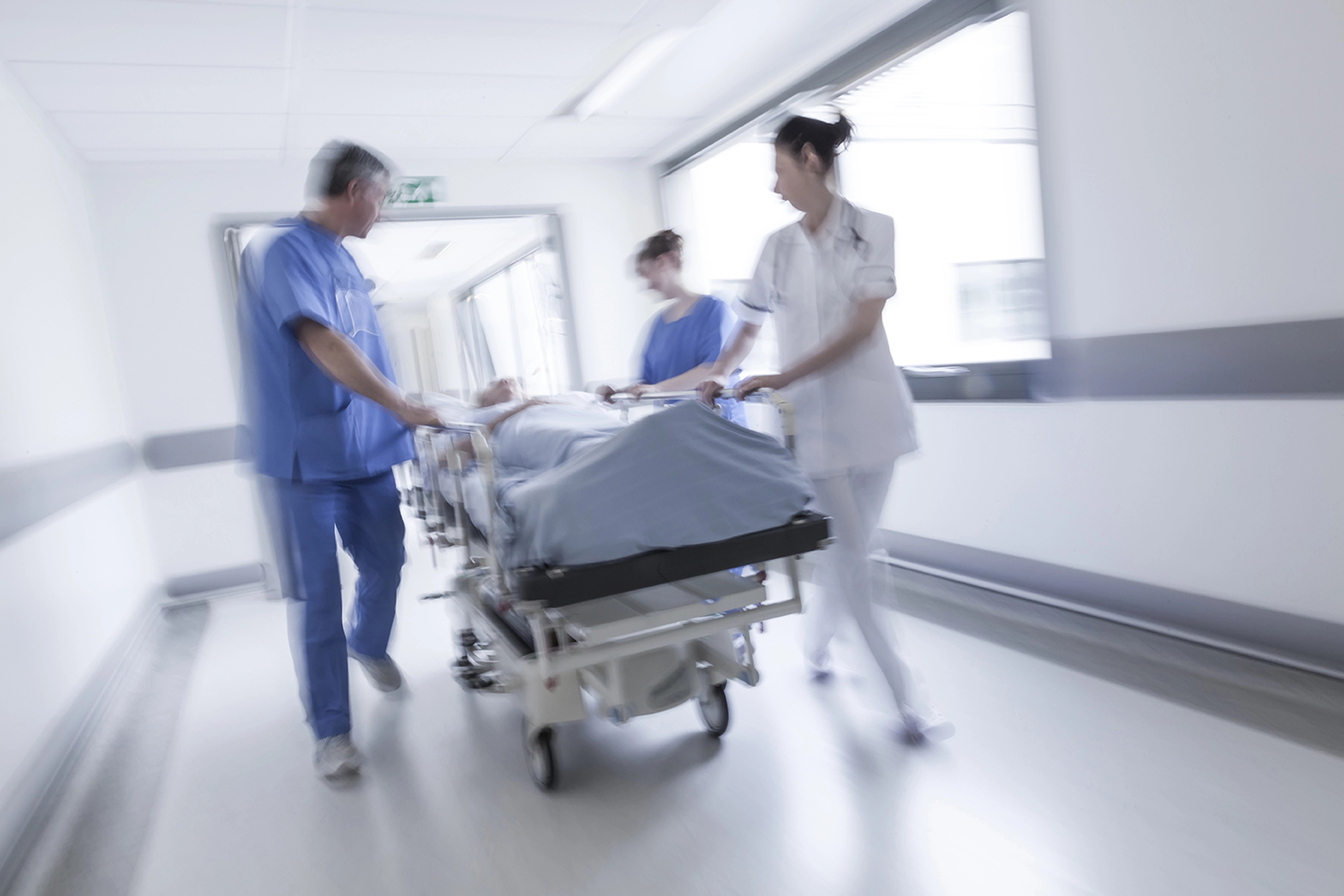Nurses on Monday marked International Nurses Day by saying ongoing staffing shortages are the “gangrene” of the health care system.
Nurses’ union Pasyno on Monday brought renewed attention to the problem of understaffing, describing the issue as the “ongoing gangrene of the heath system”. The state had failed to take measures towards occupational wellness for their employees, the union said.
The failure has serious consequences for public hospitals which the government had pledged to make into sustainable and autonomously operating facilities, they added.
The nurses said International Nurses’ Day was a day of recognition and respect for those who work “in adverse conditions to support patients”.
“The nursing staff strives to offer the best care to all patients, despite experiencing the consequences of chronic understaffing, having as a principle the oath they took that they will not leave any patient helpless and alone.”
Opposition party Akel amplified the nurses’ concerns, saying “in Cyprus, chronic understaffing, precarious working conditions and inadequate remuneration outside collective agreements, have led to burnout, high rates of resignation and migration of nurses [abroad].”
It cautioned that increasing demand for health services due to an ageing population and a rise in non-contagious disease, created a “perfect storm that is pushing the health system to its limits”.
The party called on the state to “demonstrate the political will” to enact a national strategy to make nursing an attractive profession and halt the worsening shortage.
The nurses also received support from the Pancyprian Medical Association (CyMA), which took the opportunity to express “respect, recognition and gratitude for the nurses of Cyprus”, saying they were “the cornerstone of healthcare for patients”.
“Nurses are often the first and last person the patient meets,” the medical association said.
The medical association said it stood by the nurses and underscored their right to “continuous professional training, occupational safety, recognition of their scientific contribution and strengthening [of] their role.”
Civils servants’ union Pasydy also commended nurses’ contribution to society and said failure to adequately value and support these health professionals was a worldwide phenomenon.
“Investing in nurses is a moral obligation and an economic necessity,” the union said.
Meanwhile, the state health services organisation (Okypy) issued its own statement, expressing deep respect and sincere gratitude for the valuable contribution of nurses and midwives. It said that in today’s challenging healthcare landscape, these professionals continue to stand beside patients and their families with selflessness, professionalism, sensitivity and strength. Nurses and midwives, it noted, offer not just daily care and services, but hope, dignity and safety.
Okypy assured nurses and midwives that, through dialogue, cooperation and a shared vision, it is working to build a health system that respects, empowers and is inspired by those who are the cornerstone of care. It added that this day is more than a ceremonial reminder, calling it a genuine opportunity to recognise the contributions of nurses and midwives across wards, emergency departments, ICUs, maternity units, outpatient clinics, community units and every part of the public health system.
Meanwhile, speaking to the press outside the Nicosia general hospital on Sunday evening following a visit to the new rapid response clinic within the facility’s emergency department, President Nikos Christodoulides said he was satisfied with what he had seen and heard from patients.
“We [previously] heard about many problems in [A&E departments] which we took seriously into account. A plan was made, and I came today to see how this plan is being implemented,” the president said, adding that the Nicosia hospital is a “model” for other facilities to follow.
An external evaluation of services offered at the site “so far shows minimal deviations from international hospitals” the president said, while assuring that even if there were any, the Nicosia hospital is set to “become state-of-the-art and the other hospitals in Cyprus will follow”.
Patients arriving onsite are now speedily triaged, and if there is danger or potential danger to their life, they enter the first aid department, while less urgent cases go to the rapid response department, operating since the end of March, Christodoulides explained. A short-stay clinic is also now operating for cases requiring a stay of eight to ten hours. Additionally, a children’s first aid department is also now operating, and children no longer need to wait in the same queue as adults.
At the Paphos general hospital, the rapid response system is to start on June 2.







Click here to change your cookie preferences